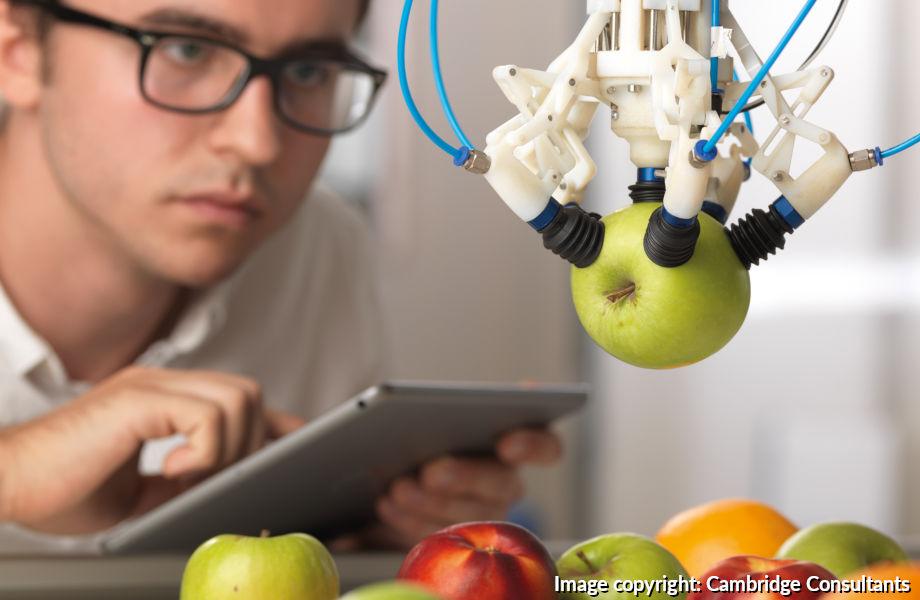Optimising breeding, AI, modelling and predictive analytics, non-invasive testing, traceability and food safety, detecting residues, and novel crop chemistries – all are on the shopping list of technologies of interest to the agri-tech community in St Louis, Missouri. The list has been developed by GlobalSTL, an initiative of BioSTL, ahead of a visit to Cambridge on 22nd June to meet with the Agri-TechE innovation ecosystem. The list represents the innovation priorities of St. Louis based Ag-Food corporations.
The mission has been organised by the World Trade Center St. Louis and Greater St. Louis Inc. and builds on the deepening relationship it has with Agri-TechE.
Dr Belinda Clarke, Director of Agri-TechE, says: “We are delighted to have the opportunity to renew our conversations with BioSTL, Donald Danforth Plant Science Center and Bayer U.S. Crop Science and to meet others in the community that are new to us.”
Delegates will be welcomed to Cambridge by Rt Hon Daniel Zeichner, Member of Parliament for Cambridge, who welcomes the visit as it plays to the strength of the region.
He says: “A multi-disciplinary approach is highly beneficial for problem-solving; the Cambridge ecosystem has a wide and diverse range of strengths including deep tech, AI, med-tech, genomics, engineering and agri-tech.
“By framing agricultural challenges to ensure they are accessible to technologists in different sectors, Agri-TechE is harnessing these strengths very effectively”.
Tim Nowak, Executive Director of the World Trade Center St. Louis, comments: “The St. Louis delegation is especially excited to travel to Cambridge on Thursday, June 22nd to reconnect with our friends at Agri-TechE and meet Minister Zeichner.
“This is a unique opportunity to collaborate with industry leaders and identify new innovative solutions to some of the ag-tech and food challenges in our respective communities.”
The event, which is open to both members and non-members of Agri-TechE, will facilitate meetings with the St. Louis delegation to investigate the opportunities for Open Innovation and create soft introductions to the US market.
Dr Clarke says that a ‘shopping list for innovation’ highlights the need for diverse technologies to meet agri-food challenges: “The need to increase efficiencies, reduce environmental impacts, enhance the nutritional content of food and improve traceability and authentication of production is common to both our geographies. A meeting of minds will help develop the technologies required to become fit for market.
“Technology companies need to scale quickly to gain critical mass, and creating connections to enable a soft-landing in an agri-tech cluster like St Louis is invaluable.”
The delegation also includes the investment community, with organisations such as Yield Lab Europe, which already has a number of UK agri-tech start-ups like Glaia, Rootwave, Spotta and Sencrop in its portfolio.
In addition, the St. Louis plant science community offers insights into other crops that might be accessible to UK farmers, such as soy. Benson Hill has combined machine learning with predictive breeding and environmental modelling algorithms to develop an ultra-high protein soybean variety that can tolerate a range of growing conditions. This crop exemplifies how technologies are converging within agri-tech to provide new solutions.
The delegation will also attend a number of meetings in London and the visit is timed to take in the 2023 Major-League Baseball London Series which sees a face-off between the St. Louis Cardinals and the Chicago Cubs in a two-game series.
To apply to take part please contact Agri-TechE at agri-tech-e.co.uk.


